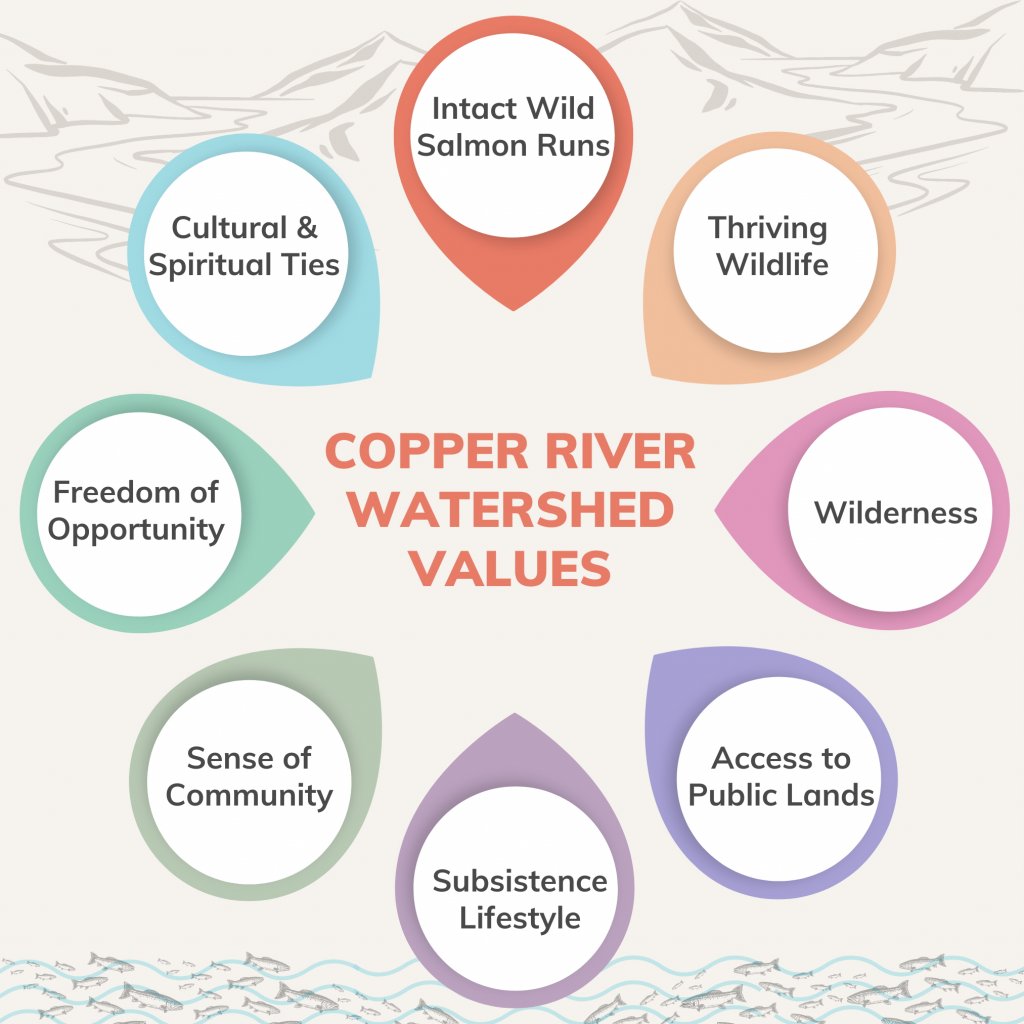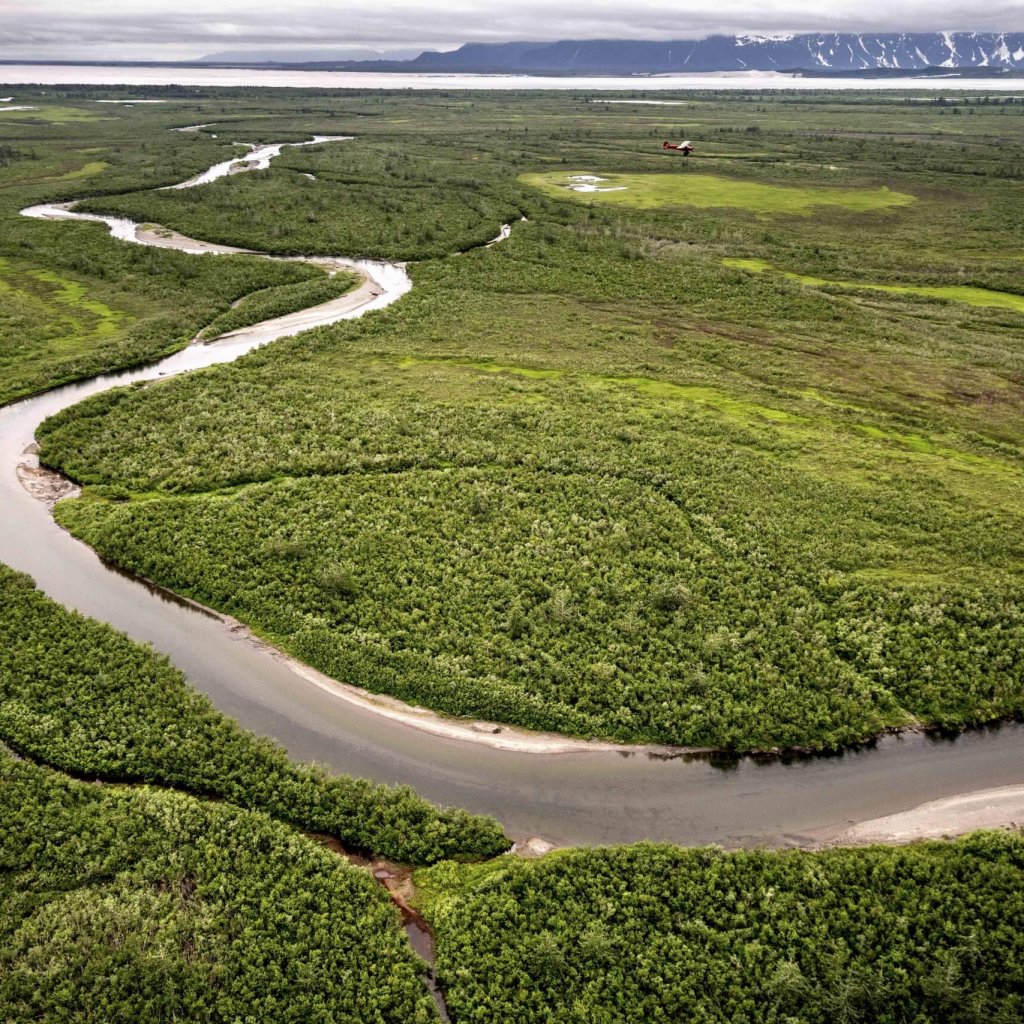
The Copper River Watershed Project works to support a salmon-rich, intact watershed and culturally diverse communities through Watershed-scale partnerships, planning and projects.
The Mission
In 1994 – 1995, when the Copper River Watershed Project was just getting started, communities in the Copper River region decided they wanted economic diversification, with benefits for watershed residents, but not at the expense of their quality of life.
By considering more than a monetary economy and focusing on the deep connection between communities and the environment, our region can sustain the changing nature of the world we live in. The bedrock belief that our people, fish, and land holds a worth far beyond monetary capital drives the work and values of this nonprofit organization.
We believe the Copper River watershed can have a vibrant and healthy future. This vision includes a goal to create and sustain a barrier-free watershed. Our work is rooted in local action but only succeeds with strong partnerships. The Copper River Watershed Project is a convener, connecting community and tribal members, state and federal agencies, and land and business owners to work together to create long-term prosperity for the region’s ecosystems and communities.
Born of deep concern for the region’s resources and the communities dependent on those resources, the Copper River Watershed Project works hard to keep the region thriving for people and fish, now and for future generations.
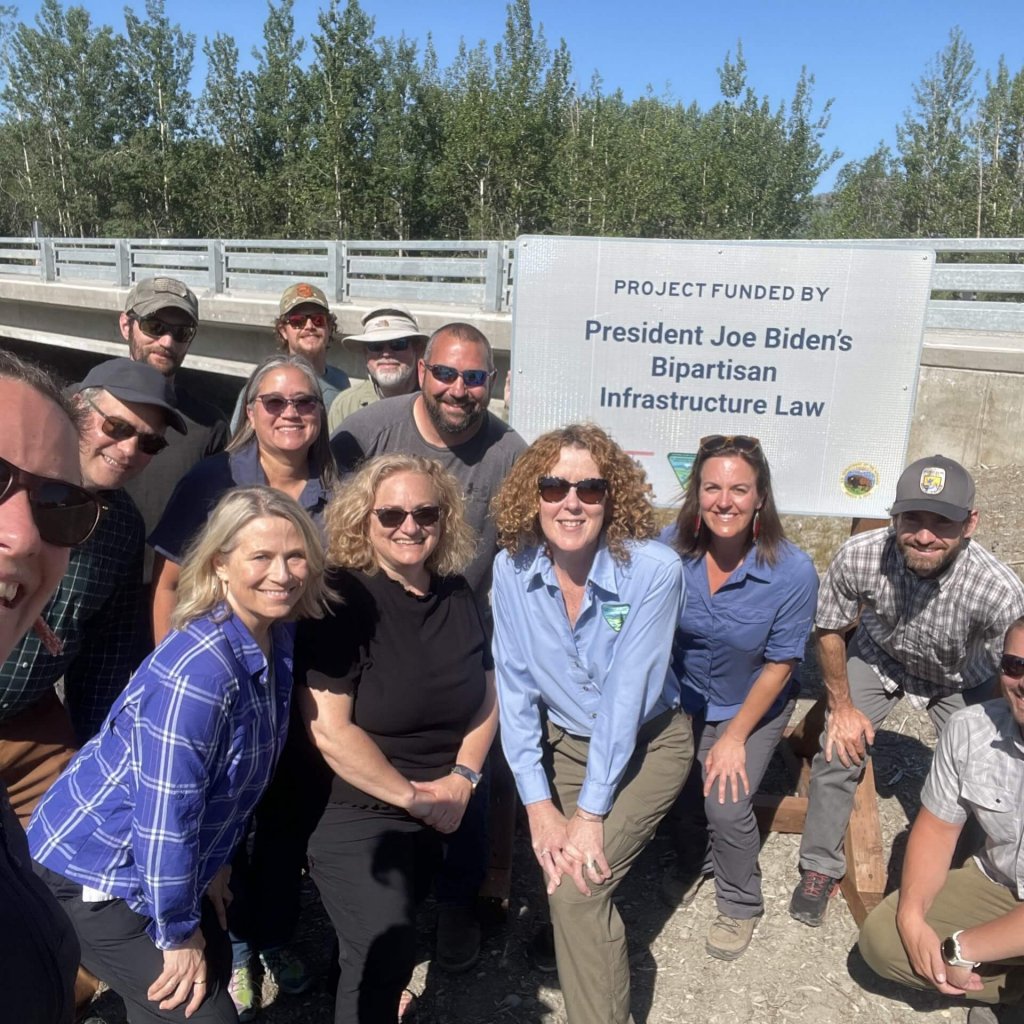
Kate Morse and project partners at the Little Tonsina Bridge (2024). Photo by Kate Morse/CRWP
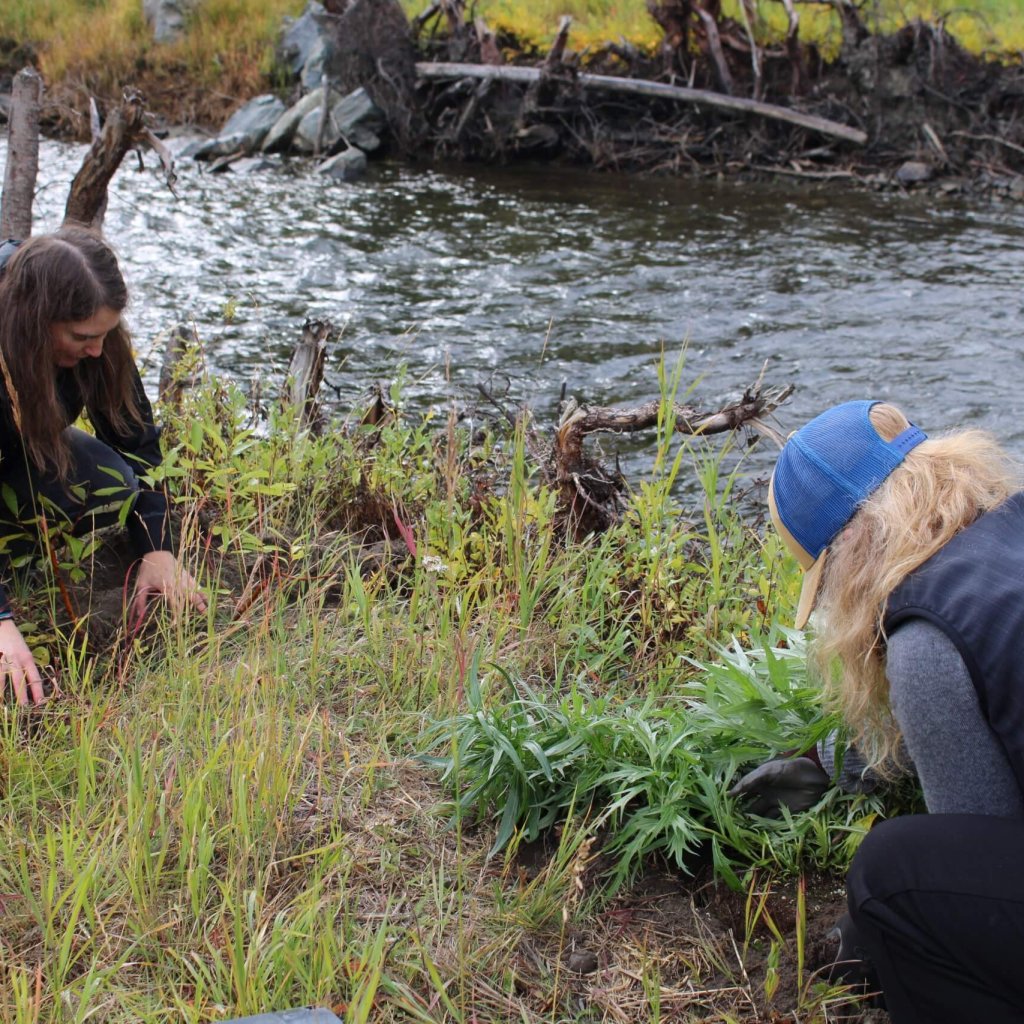
Tenley Nelson (CRWP Board Member) and Alexis Cooper (CRWP Staff Member) plant native species along the banks of the Little Tonsina River. Photo by Colleen Merrick/CRWP
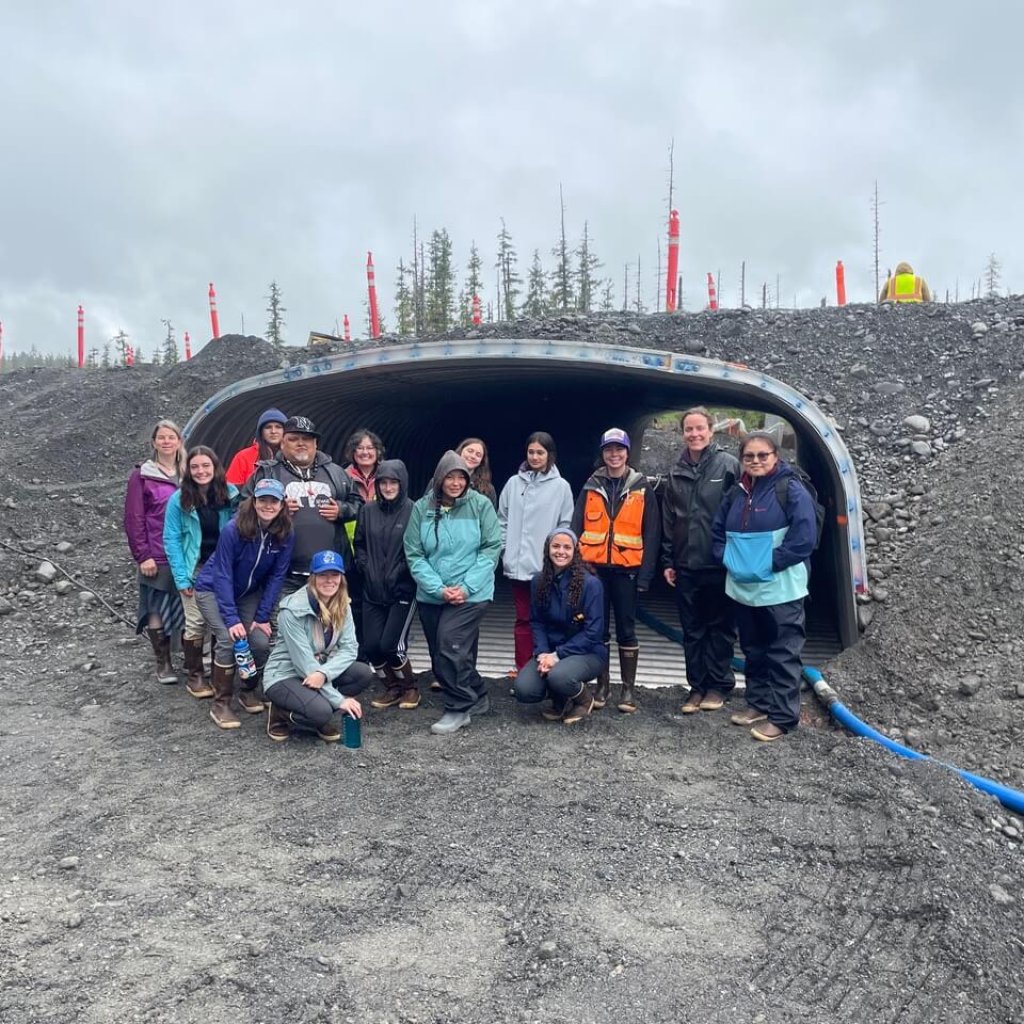
2023 Community Coastal Experience Participants stand in front a new culvert being installed on the Copper River Delta. Photo by Ashley Taylor/CRWP
